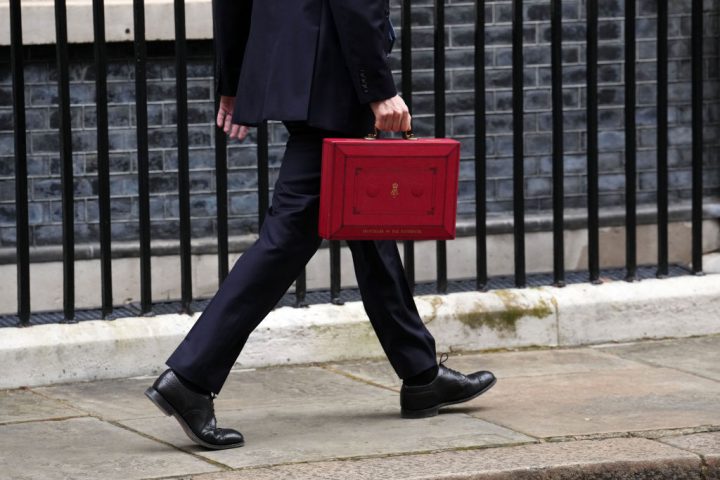Most people will not see their estates subject to inheritance tax. Still, most people oppose the principle of the tax altogether. New polling from Ipsos confirms, once again, how loathed the death tax is: 23 per cent of people perceive the tax as ‘fair’ (tied for the lowest ranking, alongside stamp duty). Meanwhile 43 per cent of people see the tax as ‘unfair’ (the highest ranking, even more hated than income tax paid by the lowest earners).
It won’t go down well, then, that almost 50,000 additional households are expected to be dragged in to paying inheritance tax, nearly four times the expected increase according to HMRC forecasts seen by the Daily Telegraph. This increase is expected to take the number of households affected by the tax to more than 280,000 by the end of 2027-28.
Freezing these thresholds has been the government’s preferred method for getting more taxpayer income into the Treasury
Of course there is the issue of stated versus revealed preference when it comes to this tax. Just a few weeks ago, Ross Clark made the case for prioritising income tax cuts over inheritance tax. He noted that the UK’s horribly distorted housing market is allowing children to inherit million pound households without being taxed a penny, while those whose parents may not have climbed onto on housing ladder cannot imagine how they might ever be able to afford a home, as the taxman keeps taking their disposable income away.
It seems the public may be sympathetic to this assessment. While they rank inheritance tax to be ‘most unfair’, only 14 per cent said they would ‘most prefer’ to see this levy cut. Instead, 44 per cent opted for an income tax cut for workers earning below £50,000, followed by 34 per cent for council tax, 26 per cent for VAT, 20 per cent for fuel duty, and 19 per cent for National Insurance.
So, while the ethics of the death tax don’t sit right with people, there is perhaps some broader recognition that the tax cuts most likely to affect them personally are not those related to passing down wealth through the generations.
But the two issues are fundamentally linked, because the government has decided to claw more money away from people through the same method: freezing tax thresholds. This guarantees fiscal drag, pulling people into higher tax brackets as inflation and pay raises race ahead of frozen thresholds.
It’s the ultimate stealth tax. People are often surprised to discover they are on the line for paying the higher rate of income tax or, in the case of inheritance tax, find themselves over the individual £500,000 allowance.
This is all by design. Over the past several years, freezing these various thresholds has been the government’s preferred method for getting more taxpayer income into the Treasury. And it’s working: the Office for Budget Responsibility estimated after the March Budget that the freeze on income tax and National Insurance thresholds would raise almost an additional £30 billion by 2027-28. By that time, 3.2 million more people will be pulled into paying income tax, while 2.1 million people will find themselves paying the higher rate of tax. All this revenue flows into the Treasury’s coffers without ministers having to announce any formal tax increase.
But there’s no denying the droves of people who find themselves paying more tax. Unfortunately for the government, it’s the taxes people practically and emotionally care most about. They’re paying attention – and they won’t like what they find.







Comments